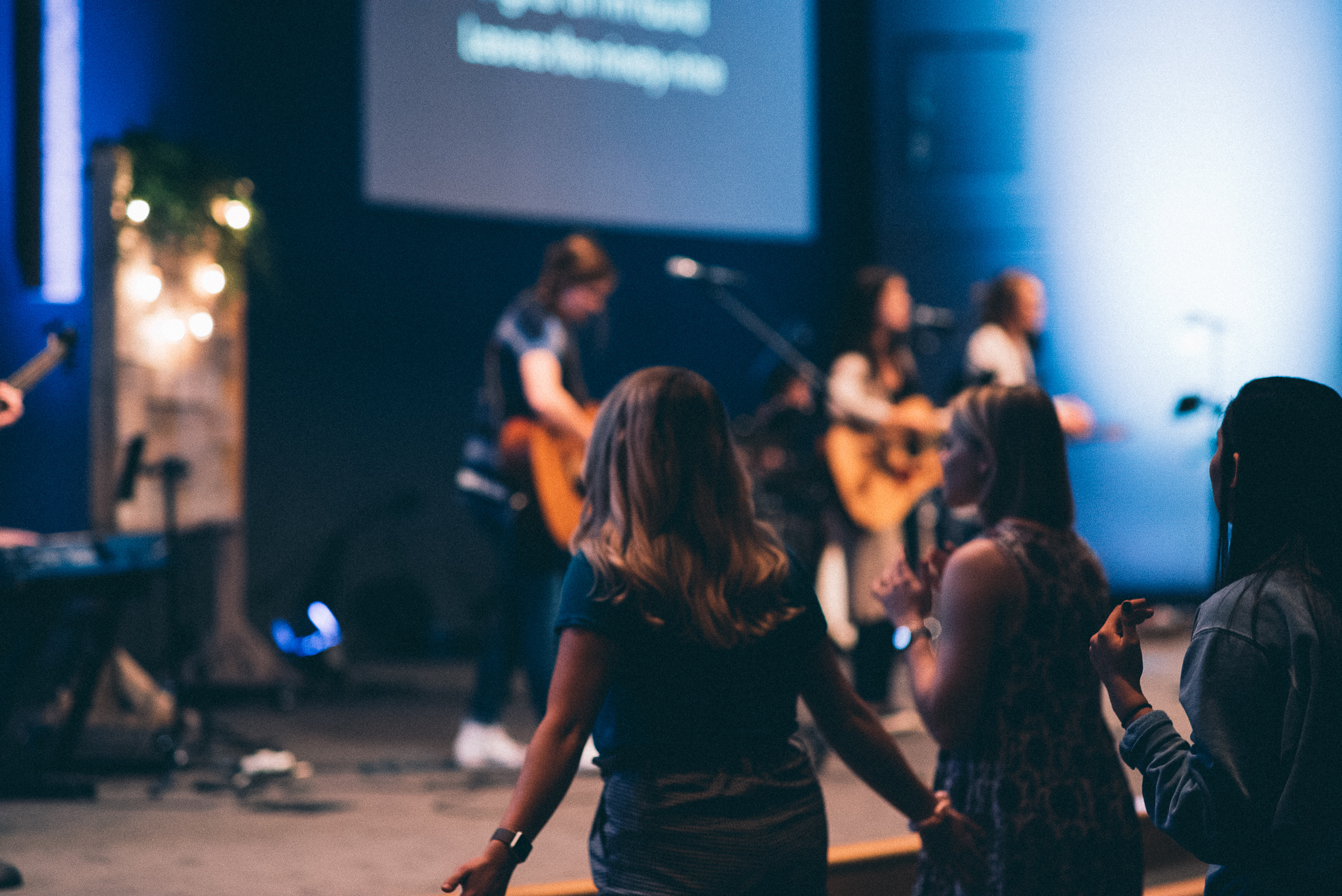Our mission here as Grace Worship is to help people engage with God in lifelong worship. We believe that worshipping God is not just confined to a few hours on a Sunday morning. Lifelong worship is found in the day to day, in the mundane, and in fixing our eyes upon Jesus in the midst of the trials of this life. One of the key ways that we as leaders can help equip people to worship God for their whole lives is through shepherding. The term “shepherding” doesn’t hold much weight in our modern culture. I, for one, don’t know anyone who has a full-time job as a shepherd. Luckily, the Bible helps to give us some context for what the role of a shepherd should look like.
Sheep are not the smartest animals. They have no sense of direction. They are harmless and peaceful, yet fearful and needy. They cannot defend themselves against danger. Ultimately, they operate in a constant state of dependency on the shepherd to care for them, to guide them, and to protect them.
Before we begin to connect our role as leaders to the role of the shepherd, we must remember that ultimately we are all sheep. We all are in need. We all operate in a constant state of dependency on the Lord. He is the one who guides us and provides for us (Psalm 23), and without Him, we are lost and without hope.
So what does shepherding look like in our worship context?
We believe that a good shepherd knows their sheep, guides their sheep, protects their sheep, and remembers their own position as a servant of the Chief Shepherd. As worship leaders, we are called to step into this role and shepherd the flocks of our congregation and band.
A good shepherd knows their sheep (Matthew 18:12-14).
A shepherd knows each of their sheep individually so that they can care for their sheep fully. They have eyes to see their sheep and notice when one is missing or when one is hurt. As worship leaders, we must seek to know our flock individually. When we pursue individual conversations with someone in our congregation or band, we are showing them that they actually matter to us. We are showing them that they are valuable and worth our time and attention. A good shepherd remembers the conversations they have had with others so that they can check-in on a prayer request or ask thoughtful questions about their lives. When we know people individually, we can care for people individually and provide for their needs.
A good shepherd guides their sheep (Psalm 23:1-4).
To be a good guide, a shepherd must have a clear sense of direction. They need to know where they are going in order to be a leader worth following. This is especially important in the leadership of a band. Proverbs 29:18 says, “where there is no vision, the people perish.” A good shepherd brings clarity rather than confusion and points people in a direction to succeed. Sometimes this may look like having hard conversations with people and calling them out of sin or complacency in order to help guide them on a path of righteousness. It is important to note that the process matters just as much as the destination. A shepherd who gets their sheep to the final destination but neglects to care for the sheep along the way is not a good shepherd at all. As worship leaders, we can provide clear vision and direction for our flocks to help lead them to green pastures and on paths of righteousness.
A good shepherd protects their sheep (Acts 20:28-29).
The reality is, our world is not full of green pastures. As our congregations and bands walk out of the church doors on Sundays, they are not always entering into a peaceful green pasture. They are entering into a world where “fierce wolves” come to attack, temptations arise, and idols fight for their attention. How can we as worship leaders protect against this? We pray. We must be committed to faithfully pray for our people. How often are you praying for your team? How often are you praying for your congregation? Are you praying for them by name? Through prayer, we have the opportunity to enter into the trenches and fight for the protection of our flock. Let us not neglect this incredible opportunity.
A good shepherd remembers that they themselves are a servant of the Chief Shepherd (1 Peter 5:1-4).
In Jesus, we see the ultimate example of the Good Shepherd. One who cares deeply for people, guides them in righteousness, and intercedes on their behalf. As worship leaders, we must not forget that we are the sheep and servants of Jesus – the Chief Shepherd. We must be sheep who follow Him. This is what makes us leaders worth following. We, as undershepherds, will always fail our sheep. Yet we have Jesus who never fails us and who laid down His life for us out of His immense love for us. We must remember our place as His humble servants, and look to His example as the best shepherd there ever will be.

